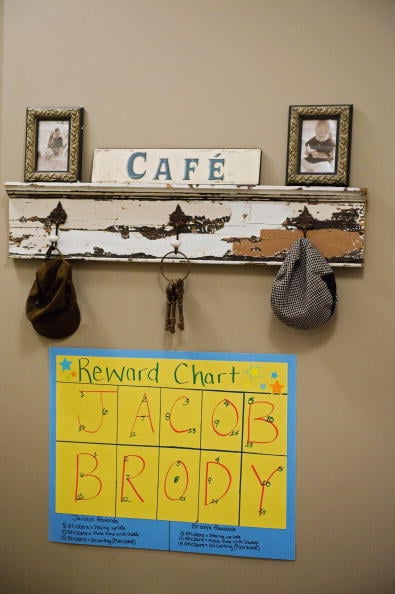
Because we all need this guide.
Kids tend to save their meltdowns for the most inopportune moments – supermarket checkouts, quiet cafes, the moment you are trying to leave the house in the morning.
Tantrum triggers can start as early as breakfast, with the bambino freaking out about getting the blue bowl instead of the red one, and go on right to the end of the day, when they’d rather run around naked than get into bed. It’s no wonder you’re frazzled and exhausted!
Since it’s pretty much impossible to completely prevent tantrums (just like the weather, you just have to be prepared for those morning storms and afternoon downpours), we’ve come up with eight tried and tested ways to get through these long years so you can spend less time stressing and more time enjoying the fun bits.


